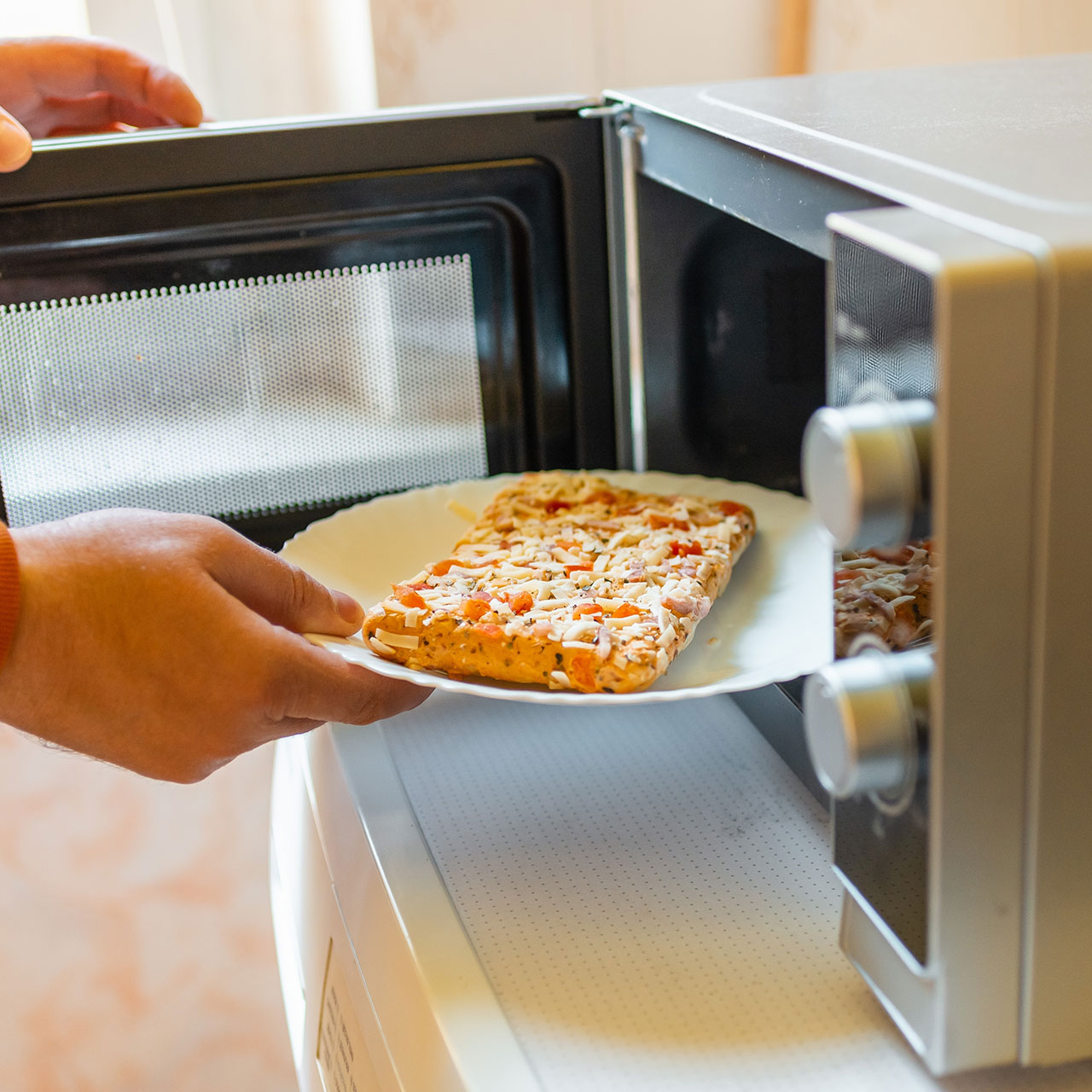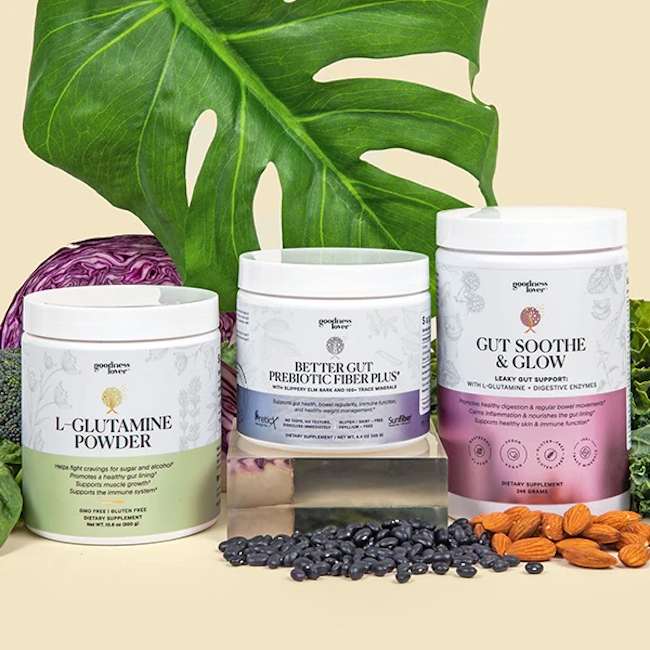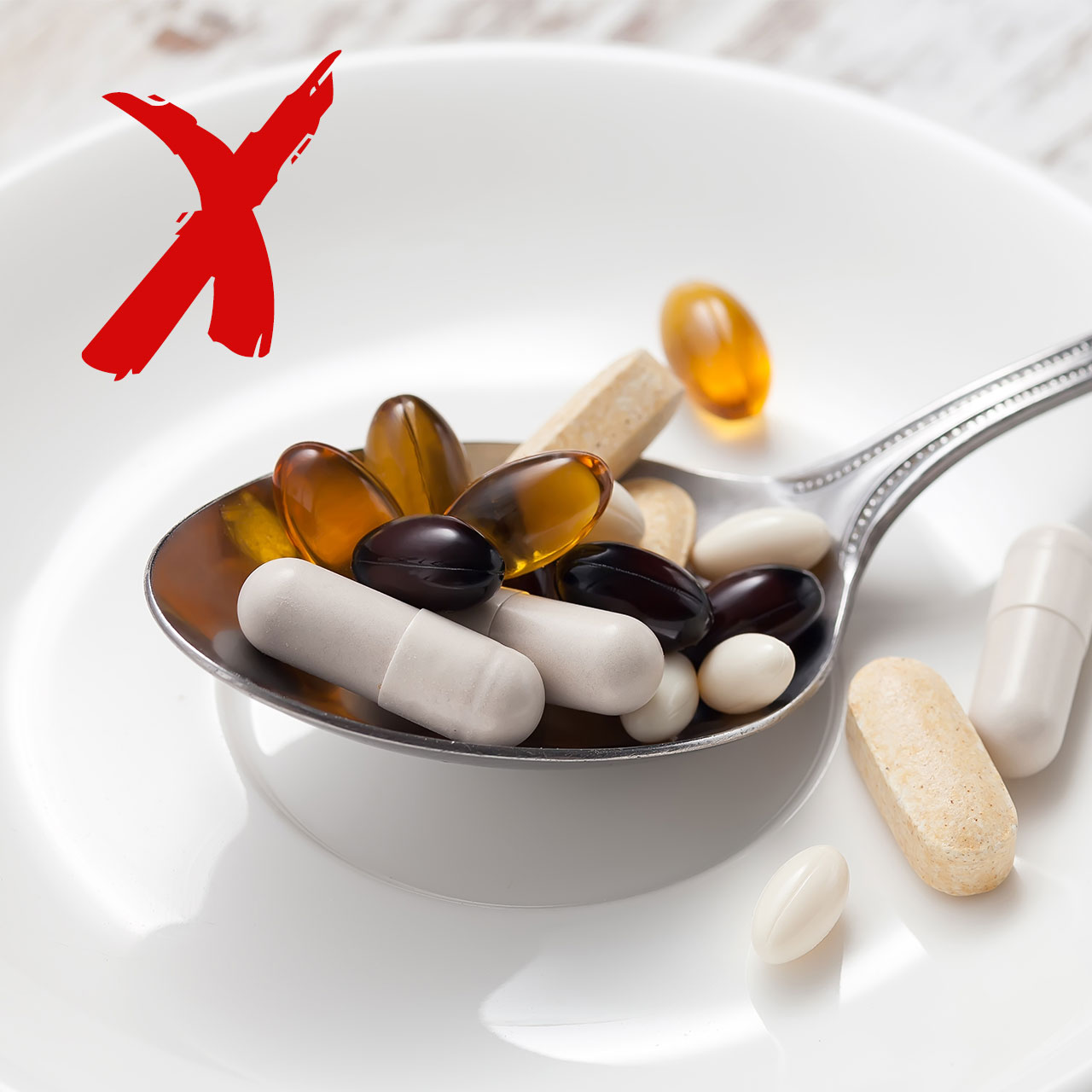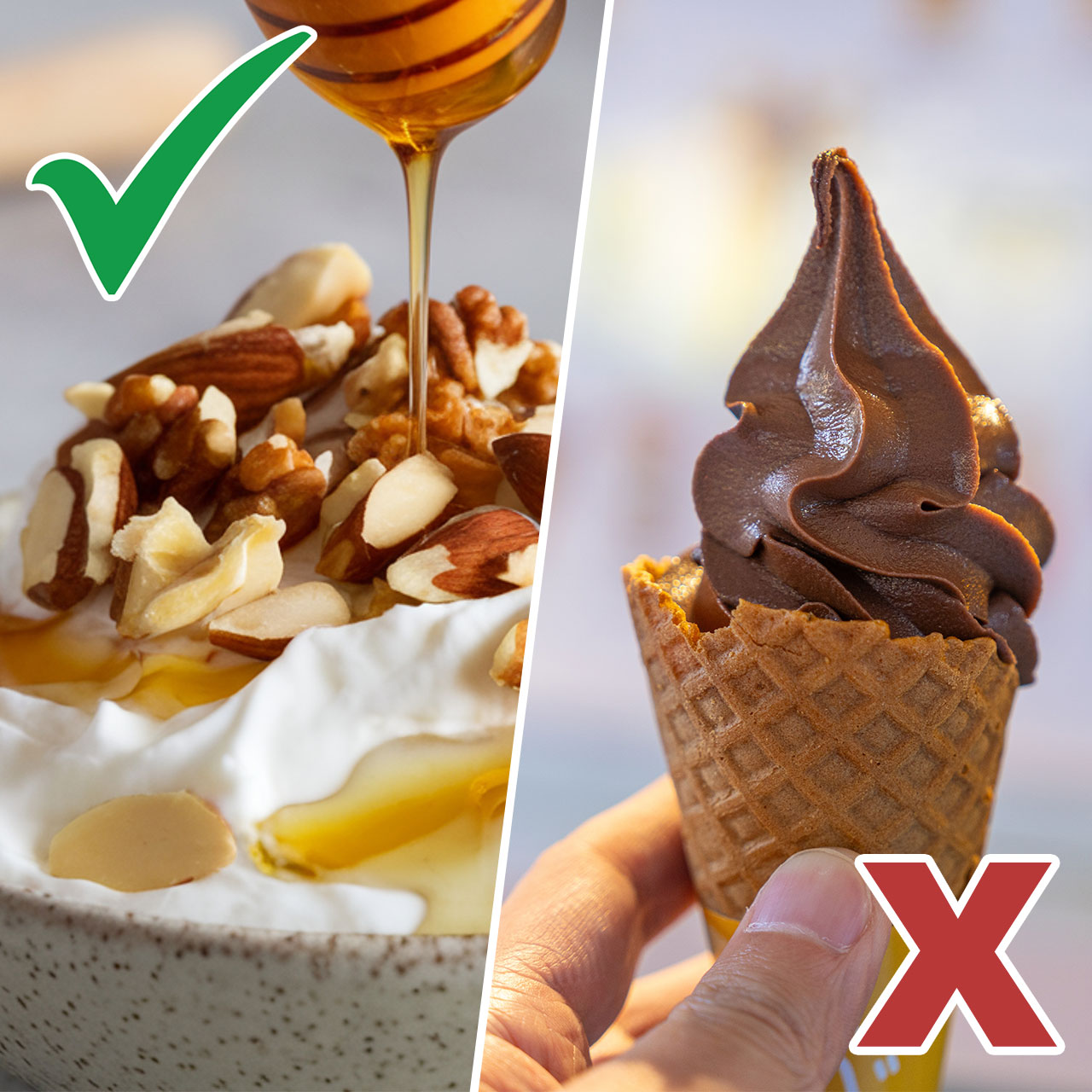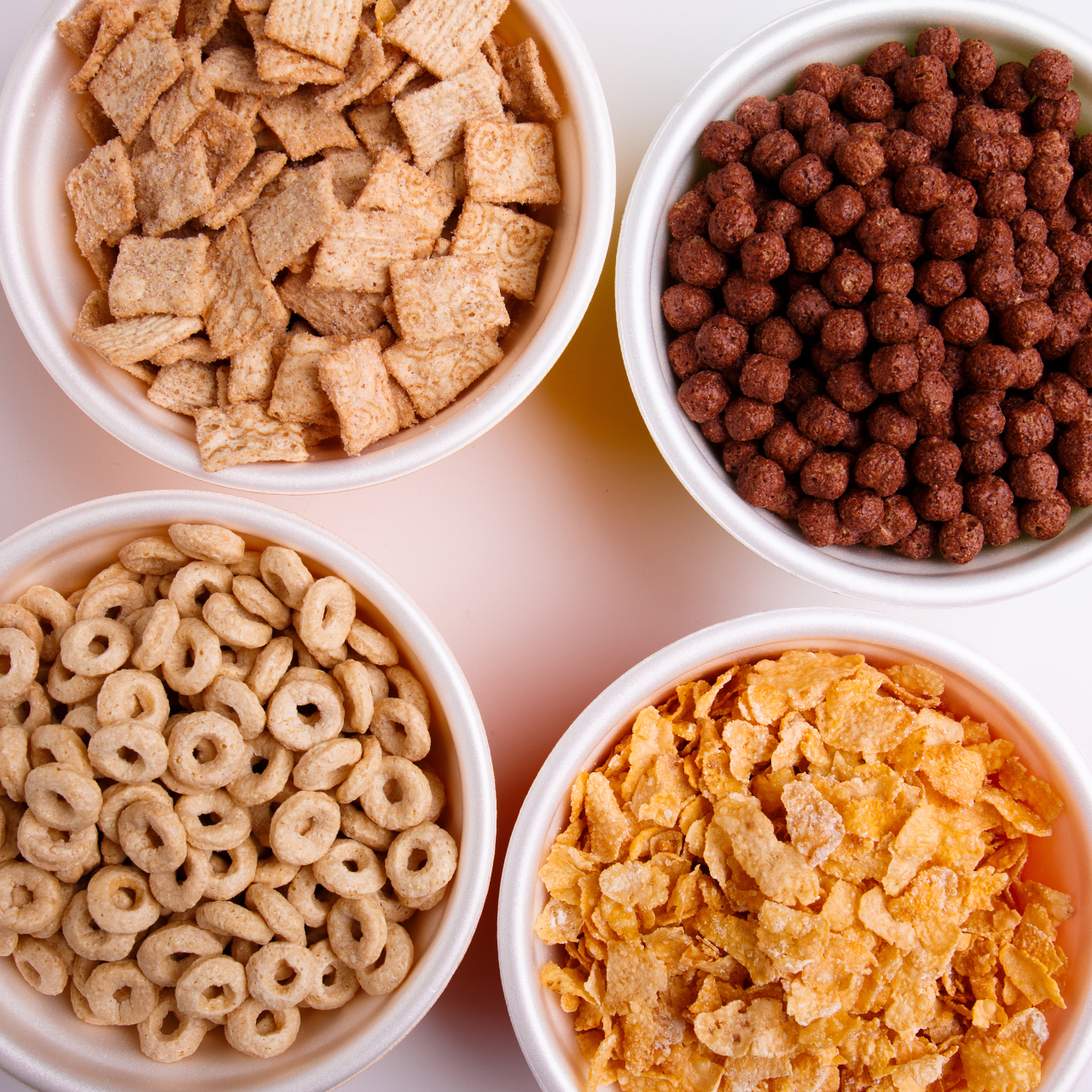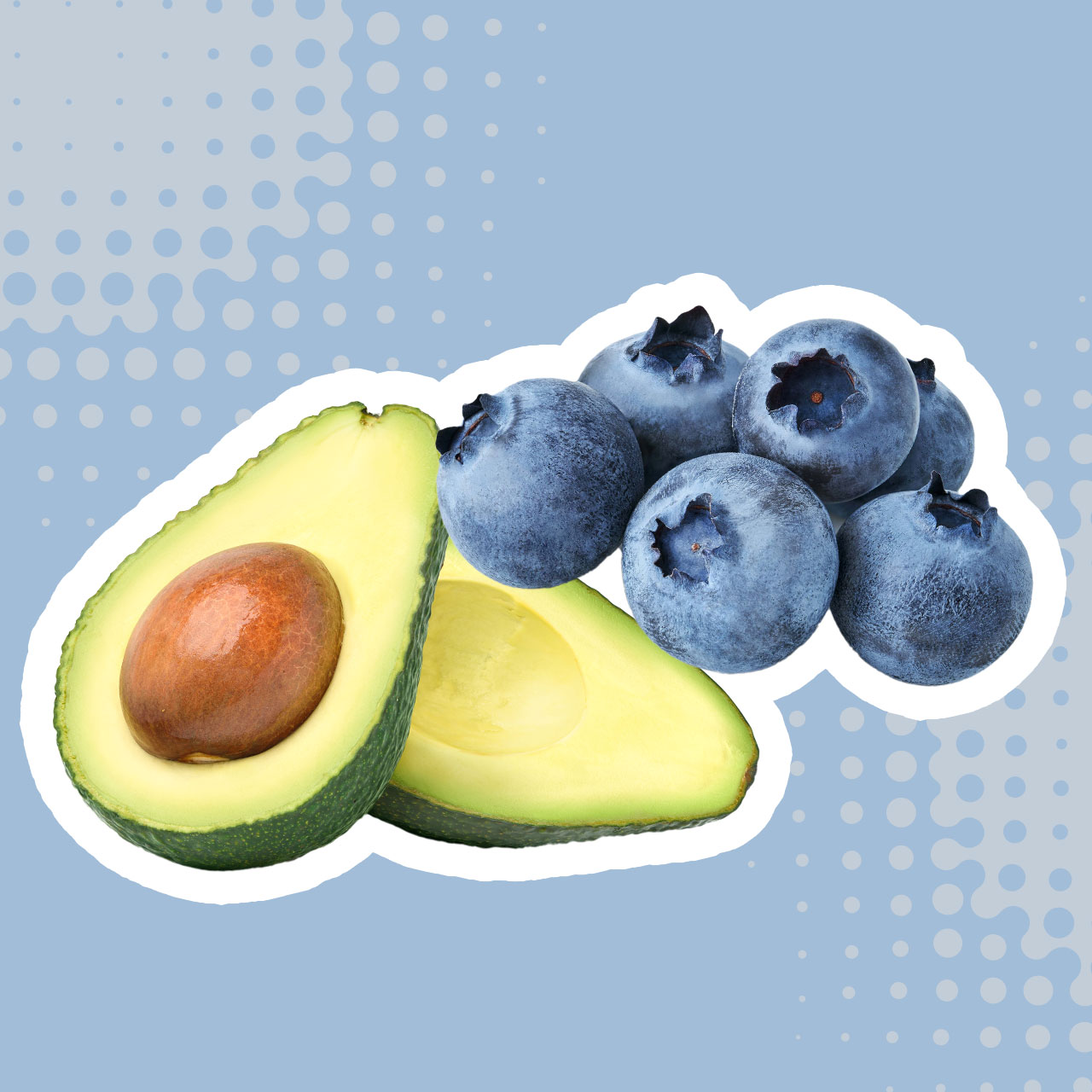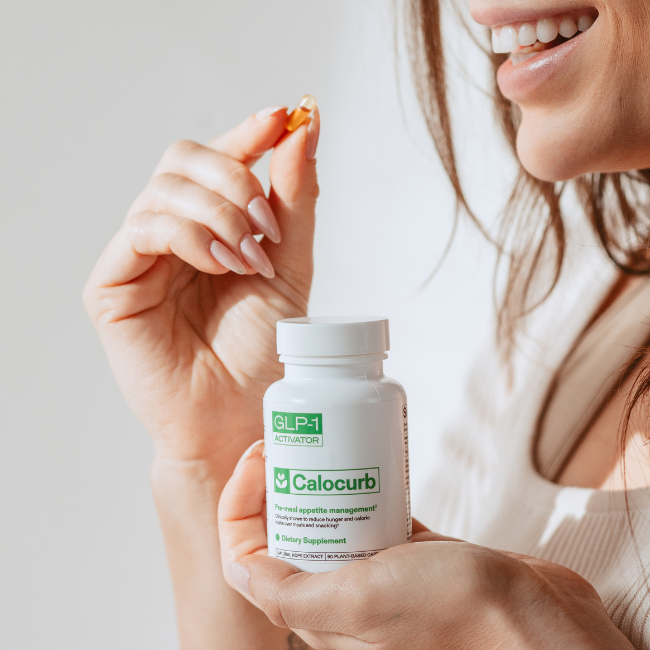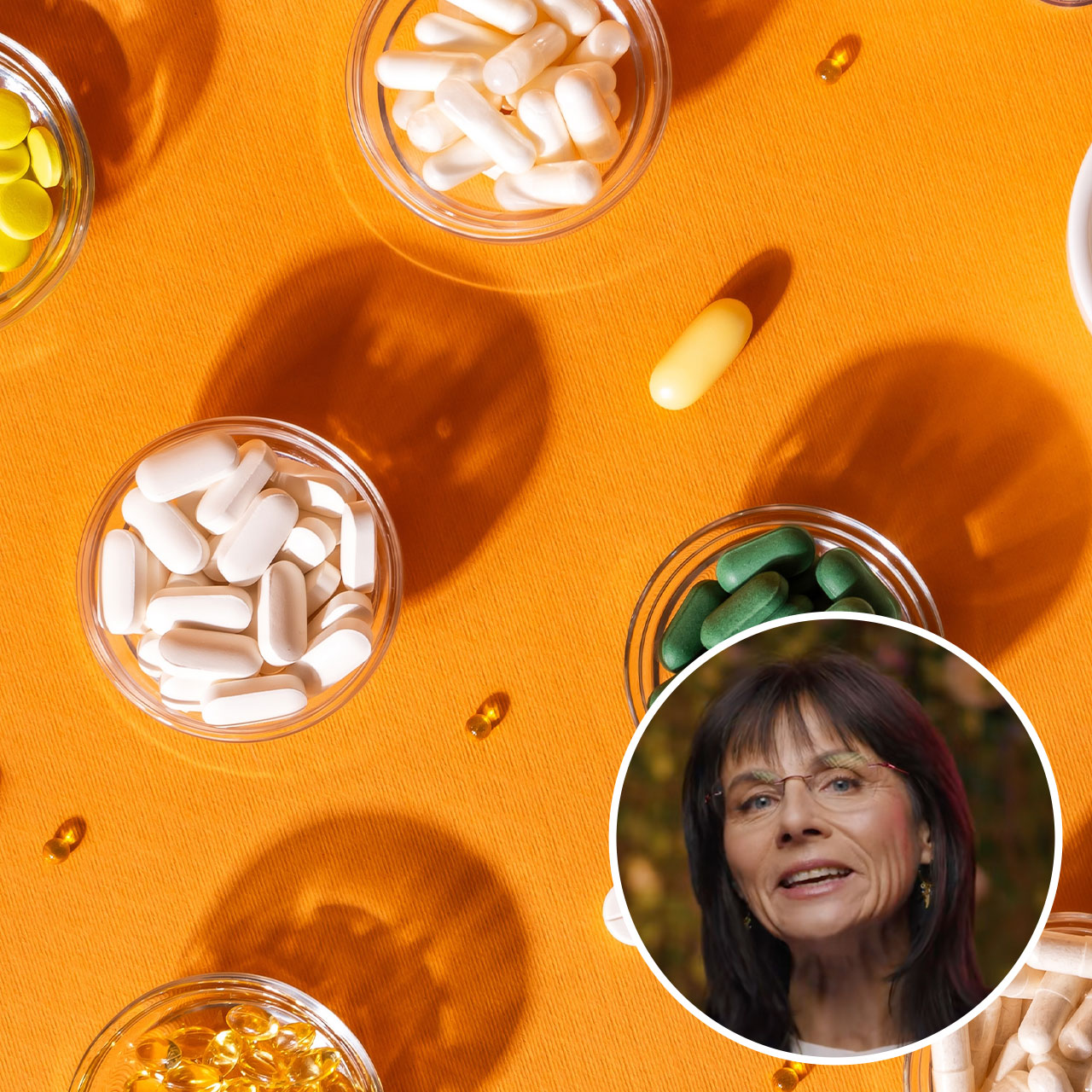The Standard American Diet is incredibly high in sugar—even the foods that aren’t characteristically sweet, like condiments and pre-packaged dinners, are often packed with added sugar. However, having excess sugar in your diet can raise your risk of everything from heart disease to diabetes to mood disorders. One place where we get lots of added sugar that we may not think about is beverages, especially soda. Being mindful of how much soda you drink alone can drastically lower your sugar intake. But are all sodas created equal? We asked health experts their take on what sodas you should be avoiding at all costs, and if there are some that are safer to drink than others.

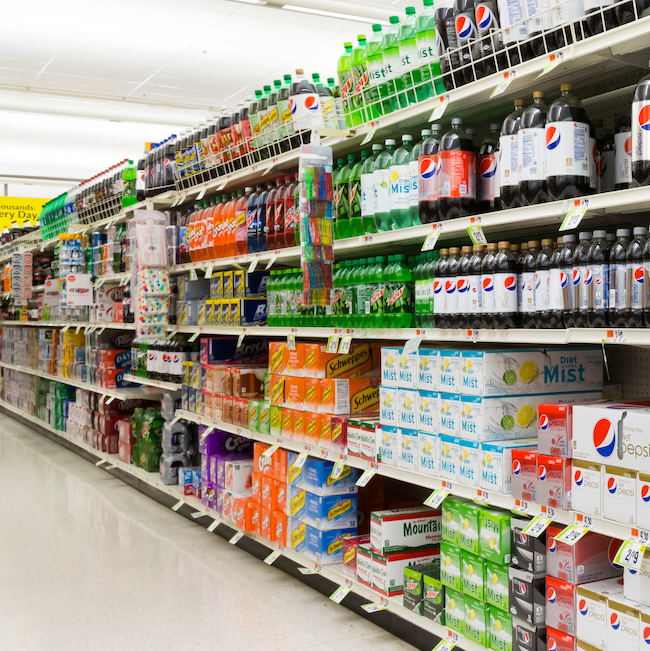
First of all, it’s important to remember that a balanced lifestyle where you enjoy treats in moderation is more maintainable in the long term. “You will not be successful in your long term goals if you deprive yourself of all of life’s joys,” says Elaine Chiquette, Pharm.D., Chief Scientific Officer of Gelesis, the maker of Plenity for weight management, “That means absolutely have a celebratory slice of cake, but maybe don’t do it every day. Soda is one of those habits that can easily become an everyday thing.” Not only is soda empty nutritionally, but also emotionally. “Unless you really love your McDonald’s Coke and savor it on occasion, it’s probably something you are consuming without being mindful of enjoying and that’s where the concern lies.”
Enjoying a soda now and then won’t hurt you, but having them regularly could put you at risk for all kinds of illness you may not realize. “Excess sugar can lead to inflammation in the body, but it can also lead to weight gain, which puts an extra stress on your cardiovascular system,” says Dr. Dyan Hes, Medical Director of Gramercy Pediatrics, “When people think of heart health, they often think about cholesterol and triglycerides. The truth is that excess sugar in the diet is stored as fat in the body, leading to metabolic changes.” All of this can put you at higher risk of things like diabetes, heart disease, and stroke.
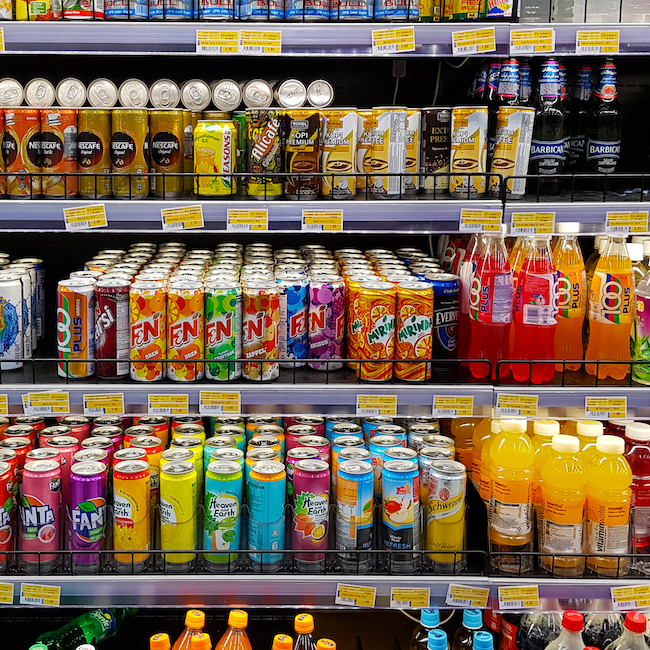
At the end of the day, sodas aren’t good for your health when consumed in large amounts. “A 12 oz. sugar sweetened soda has on average 39 grams of sugar, which is between 10-11 teaspoons of sugar. Just imagine if you put 10-11 teaspoons of sugar in a plastic bag. Would you ever eat that? Would you serve it to your children? The problem is, when it is in soda, you do not “see” all this sugar and you drink it down as empty calories.” Dr. Hes says.
When it comes to which soda is the worst, Dr. Hes says that diet sodas are some of the worst when it comes to the misleading logic that accompanies them. “Studies have shown that diet sodas do not lead to less weight gain. The problem with diet soda is that it teaches your taste buds to crave sweetness and you often just get the sugary calories elsewhere. People also believe that if they drink diet soda, they can splurge on other foods and eat more calories in their diet overall.” While you may think that drinking diet soda is the “healthier” choice, it could make you more inclined to eat sugary foods later, therefore making the “sugar free” option pointless.
As stated previously, enjoying a regular soda occasionally is totally safe and will help keep your cravings at bay. If you have regular soda cravings, try swapping out some sodas for flavored seltzer water. “They are very refreshing and have zero sugar added. Unsweetened flavored seltzers are very popular now and can be found in many flavors.” Dr. Hes says. Finding a balance is key—instead of constantly going for diet sodas, try swapping between seltzer and regular soda. Moderation is key to not only kickstarting a healthy lifestyle, but maintaining it in the long term.










